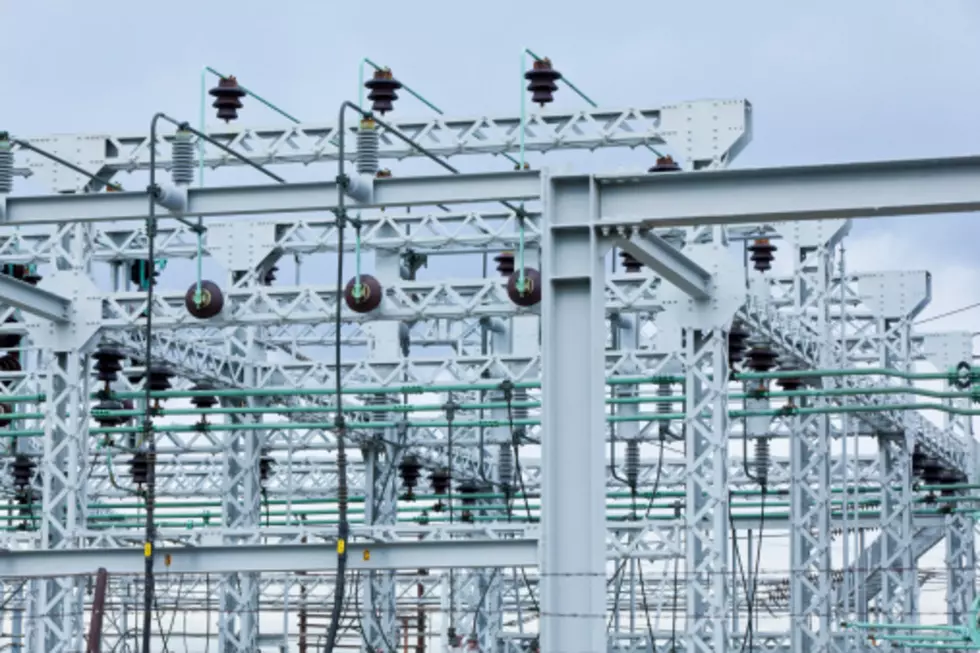![Funding Gap For NJ Retirement Benefits Rises [AUDIO]](http://townsquare.media/site/394/files/2012/06/retirement2.jpg?w=980&q=75)
Funding Gap For NJ Retirement Benefits Rises [AUDIO]
A state pension plan is considered healthy if its 80% funded. A new report from the Pew Center on the States finds many are not, including New Jersey.
The report found that New Jersey failed to consistently make its full pension contribution from 2005 through 2010. The system was 71% funded in fiscal year 2010.
The state also had a $71 billion bill for retiree health care costs, none of which was funded.
“While the financial crisis and the recession played a big part in the shortfall in New Jersey, this is something that lawmakers in the state have known about for awhile now…policymakers in the state have been digging themselves into this hole for more than a decade” said Kil Huh, a researcher at the Pew Center on the States.
“New Jersey actually has about a $123 billion bill coming due for pensions alone and only about 70% of it is actually funded” added Huh.
The good news is that New Jersey is taking action to deal with these budget shortfalls. State lawmakers approved pension and benefit cuts in 2010 and 2011, including increasing employee and taxpayer contributions, reducing annual cost of living increases for current and future retirees, raising the retirement age from 60 to 65.
Lawmakers also increased employee contributions toward their retiree health care, reduced those benefits and created a trust fund to help finance them.
“The bottom line is that even with major reform, New Jersey’s management of its long-term liabilities for pension and retiree health benefits is cause for serious concern” said Huh.
In total, state governments across the nation face a gap of more than $1 trillion between what they say they will provide to public workers upon retirement and what they actually have in their coffers.
More From 92.7 WOBM
![Heat Wave Arrives In New Jersey: Survival Guide [AUDIO]](http://townsquare.media/site/394/files/2012/06/heatwave.jpg?w=980&q=75)
![Your Feel Good Moment for the Day [Link]](http://townsquare.media/site/394/files/2012/06/Hugs.jpg?w=980&q=75)
![A Big Announcement From the Blueclaws [Audio]](http://townsquare.media/site/394/files/2012/06/Blueclaws.jpg?w=980&q=75)

![Heat Wave Day 1: NJ Residents Complaining Already [AUDIO]](http://townsquare.media/site/394/files/2012/06/Sun.jpg?w=980&q=75)

![The Great Toilet Paper Debate – Over or Under? [Poll]](http://townsquare.media/site/394/files/2012/06/TP-Roll.jpg?w=980&q=75)


